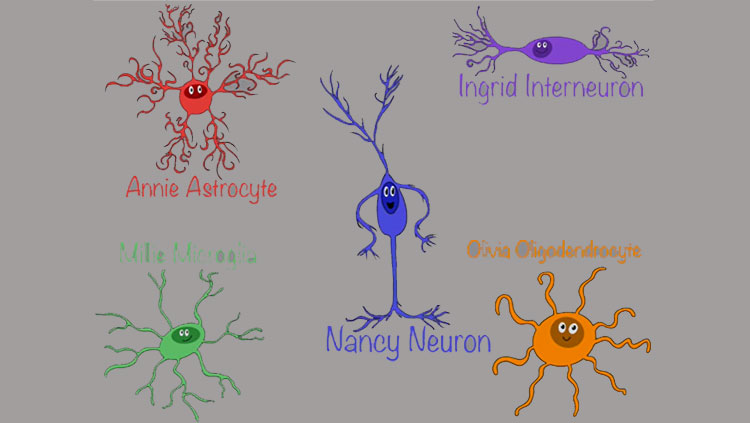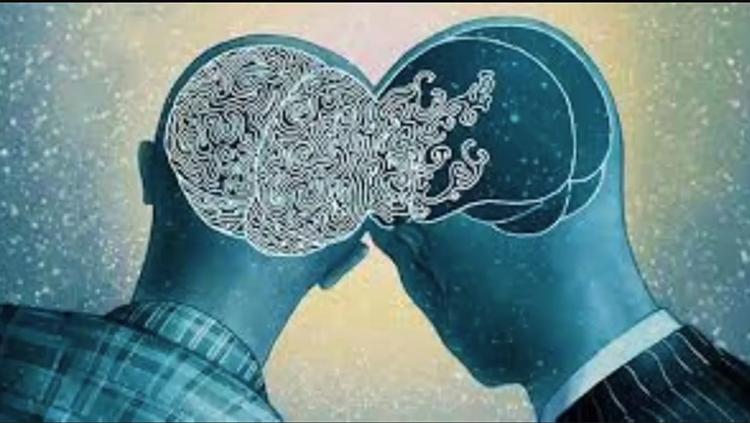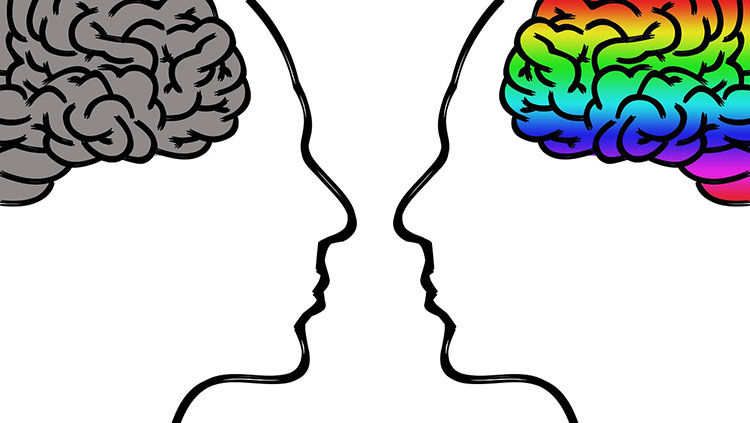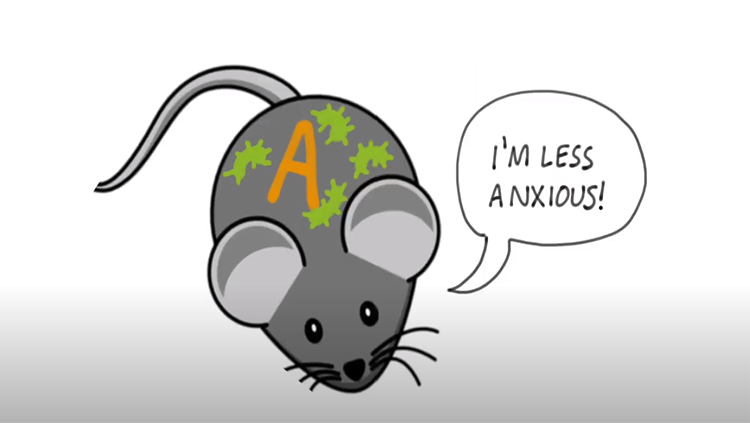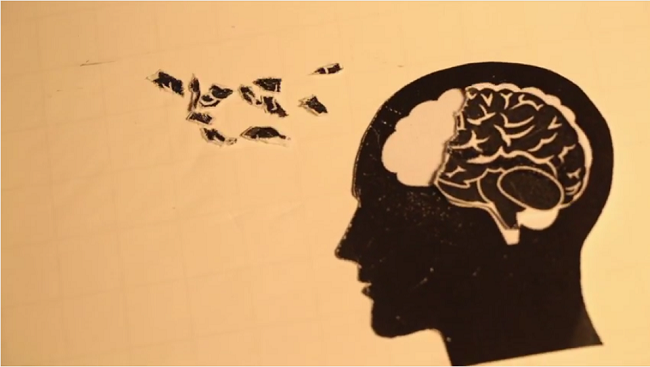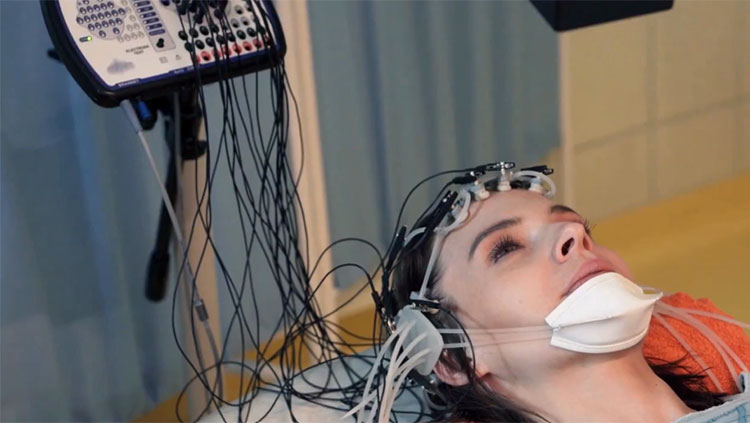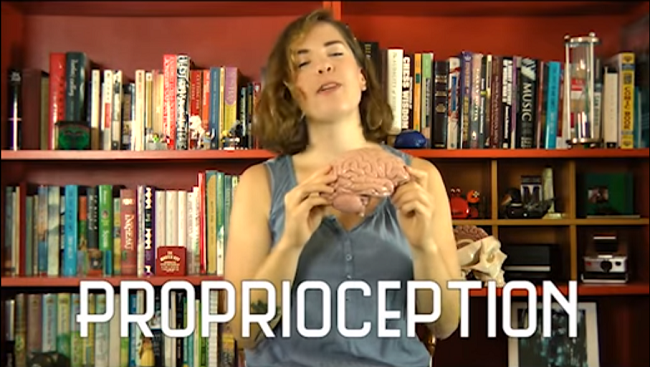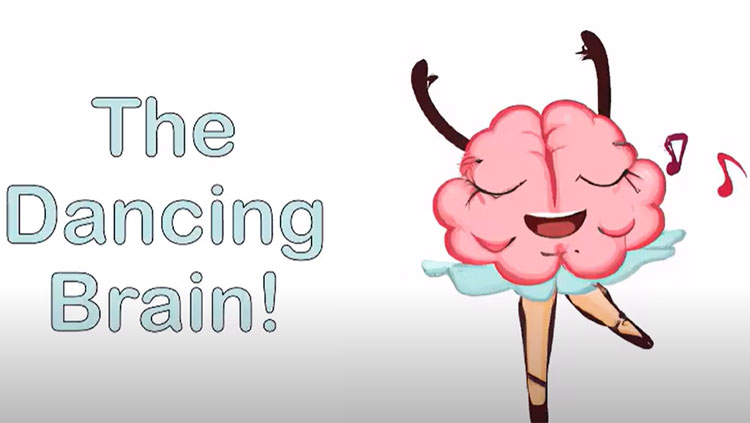Filter
-
(1)
-
(1)
-
-
(1)
-
(8)
-
(15)
-
(3)
-
(1)
-
(2)
-
(1)
-
(3)
-
(1)
-
(1)
-
(2)
-
(2)
-
(1)
-
(1)
-
(2)
-
(1)
-
(1)
-
(1)
-
-
(1)
-
(1)
-
-
(1)
-
(8)
-
(3)
-
(4)
-
(3)
-
(1)
-
-
(94)
-
(39)
-
(19)
-
(33)
-
(4)
-
(15)
-
-
(2)
-
(2)
-
-
(1)
-
(1)
-
-
(10)
-
(1)
-
(8)
-
(3)
-
-
(3)
-
(1)
-
(1)
-
(1)
-
-
(1)
-
(4)
-
(11)
-
(2)
-
(1)
-
(7)
-
(1)
-
-
(49)
-
(7)
-
(2)
-
(2)
-
(5)
-
(2)
-
(7)
-
(7)
-
(11)
-
(9)
-
-
(6)
-
(14)
-
(1)
-
(9)
-
(1)
-
(3)
-
(2)
-
-
(1)
-
(1)
-
(7)
-
(6)
-
(2)
-
(1)
-
(1)
-
-
(1)
-
(1)
-
-
(1)
-
(26)
-
(3)
-
(1)
-
(17)
-
-
(3)
-
(2)
-
(1)
-
-
(6)
-
(1)
-
(5)
-
(4)
-
-
(7)
-
(1)
-
(3)
-
(2)
-
(2)
-
-
(7)
-
(7)
-
-
(1)
-
(2)
-
(2)
-
(1)
-
(1)
-
-
(4)
-
(2)
-
(1)
-
(2)
-
-
(5)
-
(1)
-
(4)
-
-
(35)
-
(8)
-
(2)
-
(1)
-
(7)
-
(11)
-
-
(1)
-
(1)
-
(1)
-
-
(5)
-
(8)
-
(6)
-
(3)
-
-
(1)
-
(1)
-
-
(2)
-
(2)
-
-
(3)
-
(1)
-
(3)
-
-
(8)
-
(4)
-
(3)
-
(2)
-
(6)
-
(1)
-
-
(2)
-
(1)
-
(1)
-
-
(29)
-
(9)
-
(7)
-
(4)
-
(2)
-
(12)
-
-
(163)
-
(1)
-
(10)
-
(4)
-
(25)
-
(29)
-
(14)
-
(10)
-
(26)
-
(2)
-
(22)
-
(6)
-
(15)
-
(10)
-
(8)
-
(69)
-
(9)
-
(31)
-
-
(13)
-
(1)
-
(3)
-
(1)
-
(4)
-
(1)
-
(4)
-
(1)
-
-
(7)
-
(6)
-
(1)
-
-
(5)
-
(2)
-
(215)
-
(179)
-
(13)
-
(7)
-
(5)
-
(1)
-
(19)
-
(10)
-
(25)
-
(6)
-
(178)
111 - 120 of 232 results
-
Afterimages -- what are they, and how are they generated by the color vision system of the brain?
-
Learn about some of the most abundant cells in your brain with the help of Nancy Neuron.
-
Perspective-taking can help us understand what it’s like to live with Parkinson’s disease.
-
Colors aren‘t an objective fact of the external world. Instead, they’re the result of how our brains interpret visible light.
-
Getting ready for Brain Awareness Week? Check out some of our fun activities.
-
The millions of microorganisms residing in the gut form our “second brain.”
-
As we age, connections between brain cells weaken and cells can't communicate with each other as effectively, leading to problems with memory and cognitive ability.
-
Some brain signals once thought to be "noise" actually encode useful information. Lessons from the physics of flow encourage us to reconsider these unpredictable signals and now scientists are finding uses for them in medicine.
-
Proprioception is your sense of your body’s position in space, and without it you wouldn’t be able to walk or scratch your nose with your eyes closed.
-
When you dance, your brain is behind your moves: your ears that hear, your foot that taps. It’s a synchrony of different brain parts working together to coordinate your rhythm and beat.



